Dear reader,
Amid all the international focus on the wave of European nations recognising Palestine as a state in September, one speech received far less attention but bears more watching especially in South-east Asia.
On Sept 23, Indonesia President Prabowo Subianto delivered an unexpected address at the United Nations General Assembly in which the leader of the world’s largest Muslim-majority country dangled the prospect of an unprecedented security assurance to Israel.
“We must guarantee statehood for Palestine, but Indonesia also declares that once Israel recognises the independence and the statehood of Palestine, Indonesia will immediately recognise the state of Israel,” Mr Prabowo said.
“And we will support all guarantees for the security of Israel.”
He bookended his speech with the Hebrew salutation Shalom, which conveys a wish for peace, along with similar greetings – Assalamu'alaikum, Salve, Om swastiastu – in other languages.
For an Indonesian leader to say “Shalom” from the UN podium is “no idle gesture”, one commentator wrote, and I thought so too, until our Indonesia bureau chief Arlina Arshad pointed out that politicians and officials in Indonesia habitually use it as part of a string of greetings at official events to reflect the inter-faith nature of Indonesian society.
Mr Prabowo’s explicit proffering of a security guarantee for Israel in his UNGA speech caused some stir as it marks a diplomatic break. But there are many hurdles that stand in the way of such an eventuality, not least of which is the condition that Israel first recognises Palestinian independence. Indonesia has long advocated for a two-state solution.
It also remains to be seen how this move will play out within Indonesia and the region.
But it is noteworthy that Mr Prabowo’s positioning of himself as an international statesman with a strong voice on Global South issues has been well-received thus far by Indonesians. While public opinion is strongly pro-Palestine, it is rooted in a secular stance that is opposed to the occupation of Palestinian territories, making Mr Prabowo’s UNGA speech setting out a two-tiered process not an entirely unpalatable one.
That said, signs of a blowback are also emerging, with a Jakarta Post commentary calling it a “failure of courage”.
About one-third of Muslim Indonesians now support a two-state solution – down from nearly half in February as the death toll in Gaza goes up. A smaller proportion of 20 per cent backs the conditional normalisation of Indonesia-Israel diplomatic ties, a recent study published by the S. Rajaratnam School of International Studies found.
Meanwhile, any influence that Indonesia could have on its Muslim-majority neighbours on the matter will be very much circumscribed. Malaysia has a more strident and politicised stance on Israel, fuelled by sentiments of Islamic solidarity with Palestine. Pro-Palestine protests have escalated of late and moved into more visible public spaces, ahead of US President Donald Trump’s visit for the Asean summit in late October, as our Malaysia correspondent Muzliza Mustafa reports.
As the world marks on Oct 7 the second anniversary of the Hamas attacks that has rippled into a catastrophic crisis in Gaza, South-east Asia continues to grapple with the moral and political question of how it walks the line.
As usual, I leave you with a selection of some of our best reads and podcasts from our correspondents in the past week. Meanwhile, if you have feedback or views you'd like to share, do drop me an email.
I will be away next week at the Asia Future Summit jointly presented by SPH Media flagship titles The Straits Times, Lianhe Zaobao and the Business Times, and will be back on Oct 15 to share more on the conversations that took place.
Till then.
Singapore’s China story: From suits to services, a new chapter begins
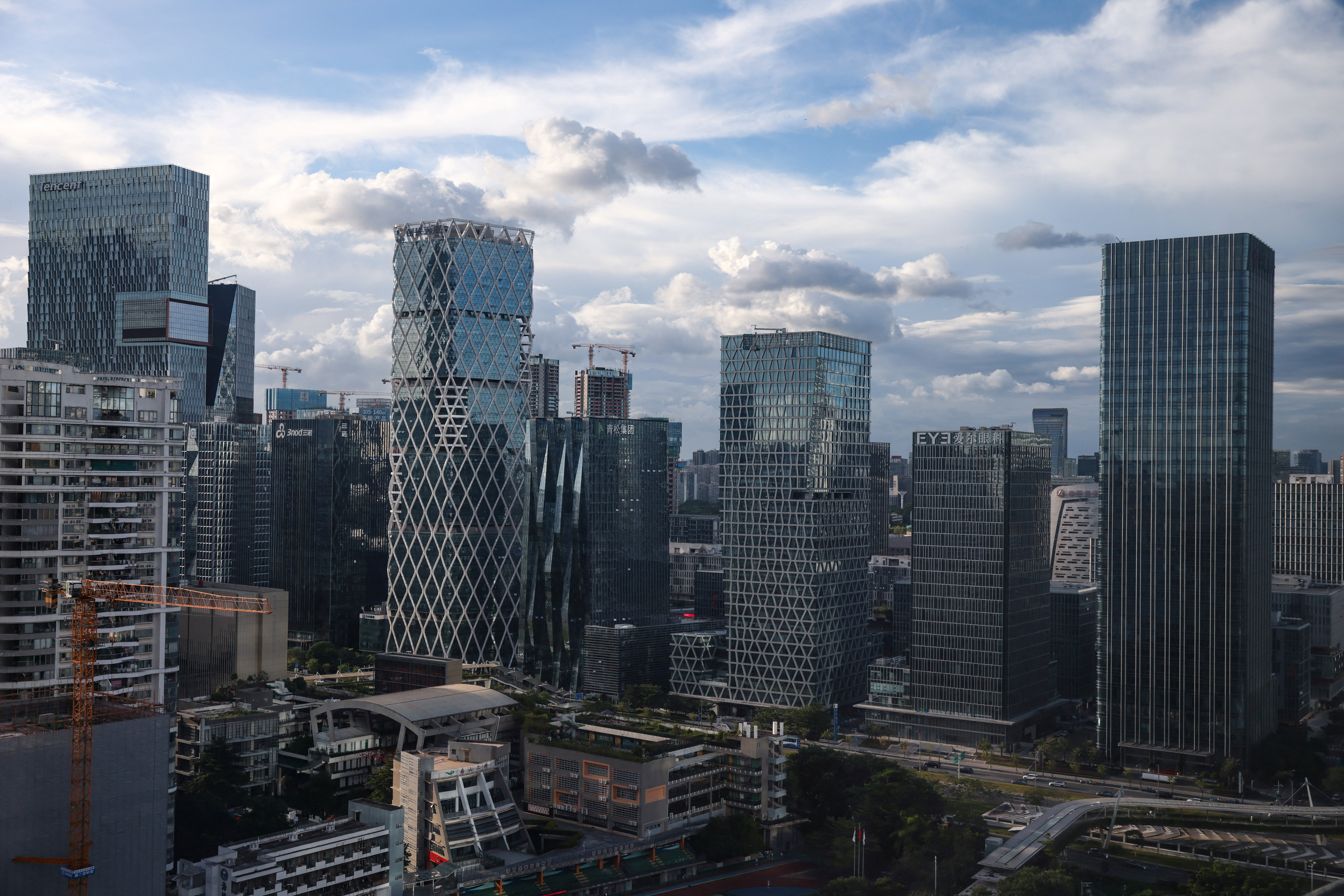
Big dreams, shiny projects and regional inequalities in China’s inland cities
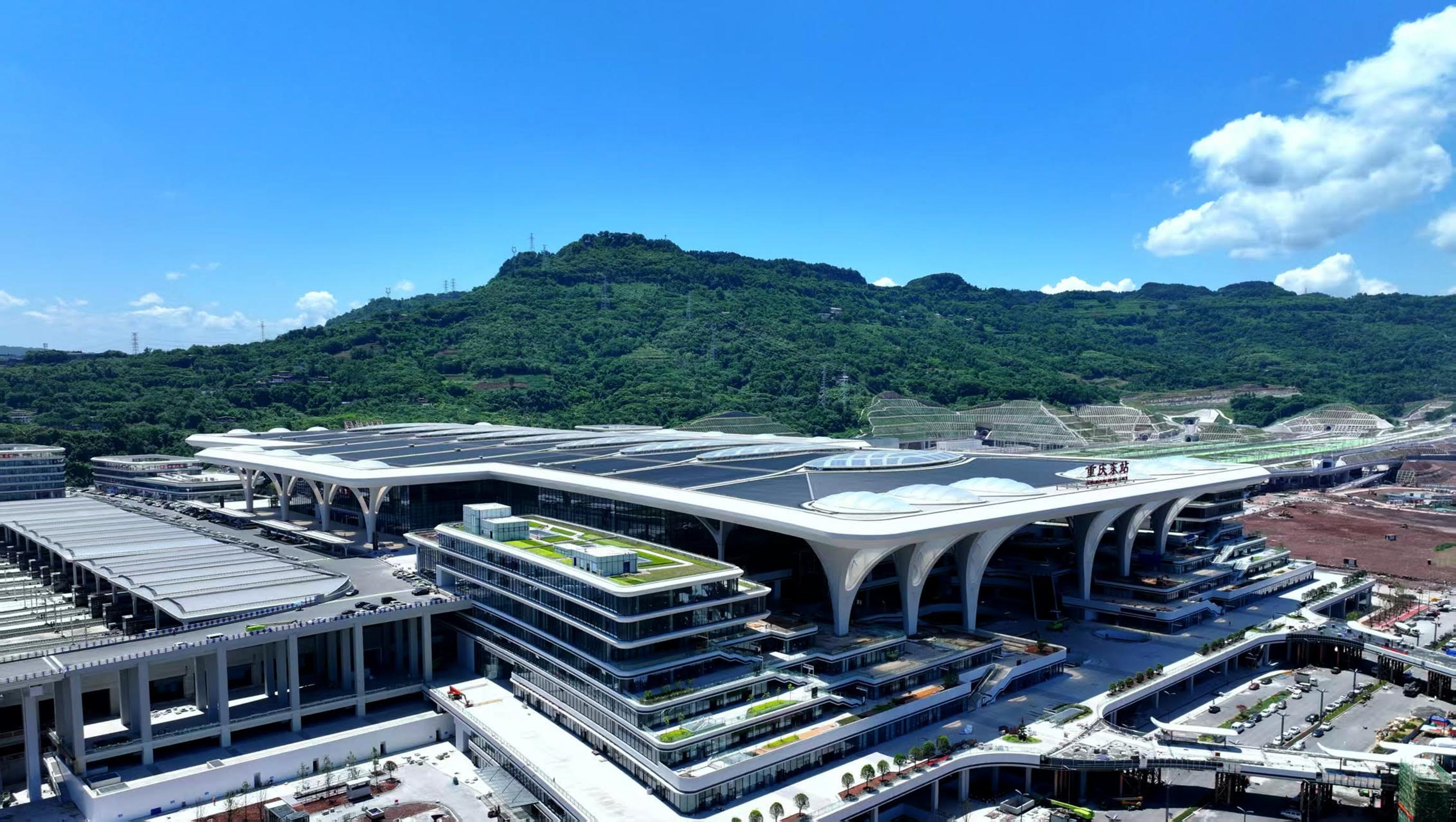
India tech sees silver lining in Trump’s H-1B visa overhaul
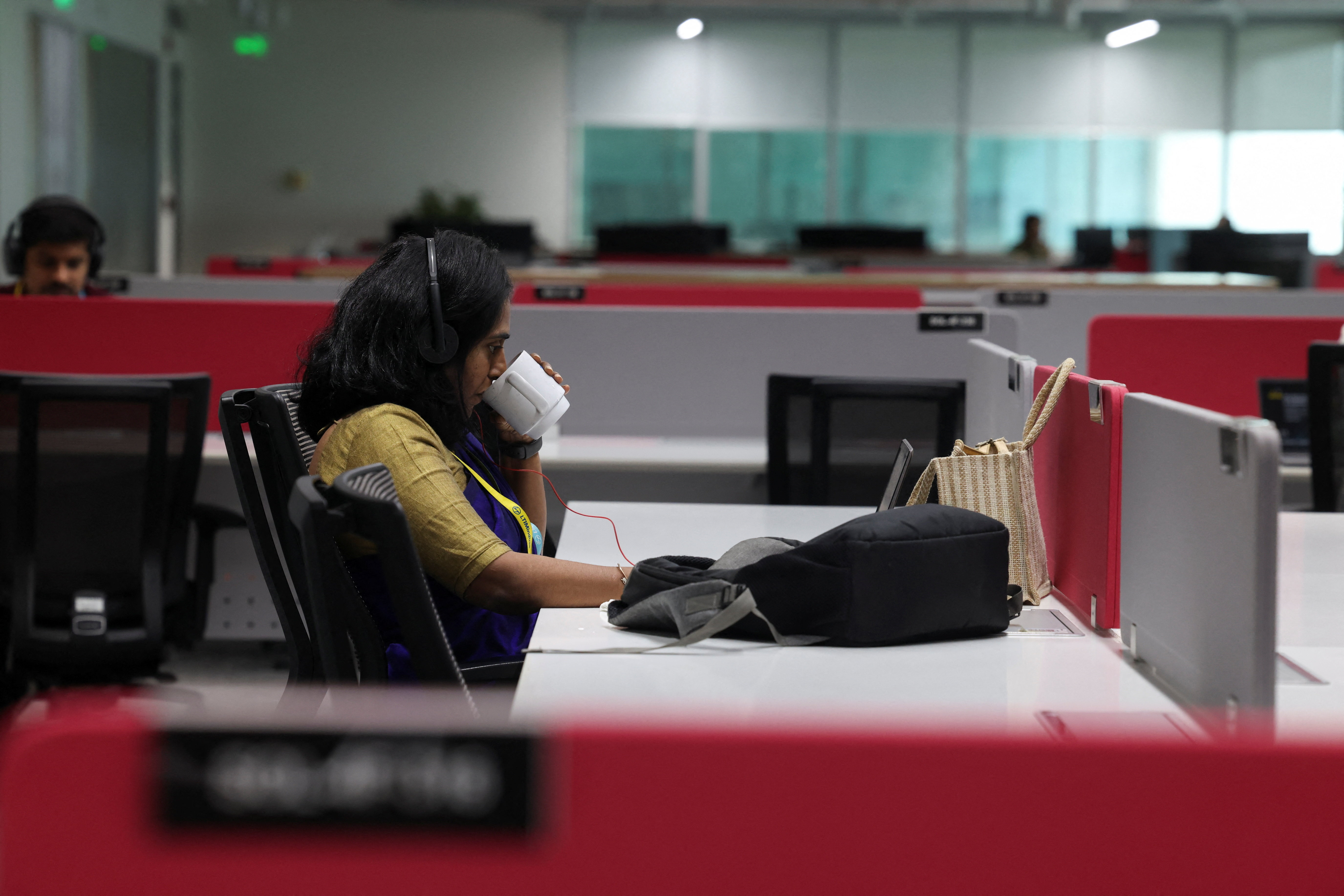
Denuclearisation off the table for North Korea, but freeze is achievable, say analysts
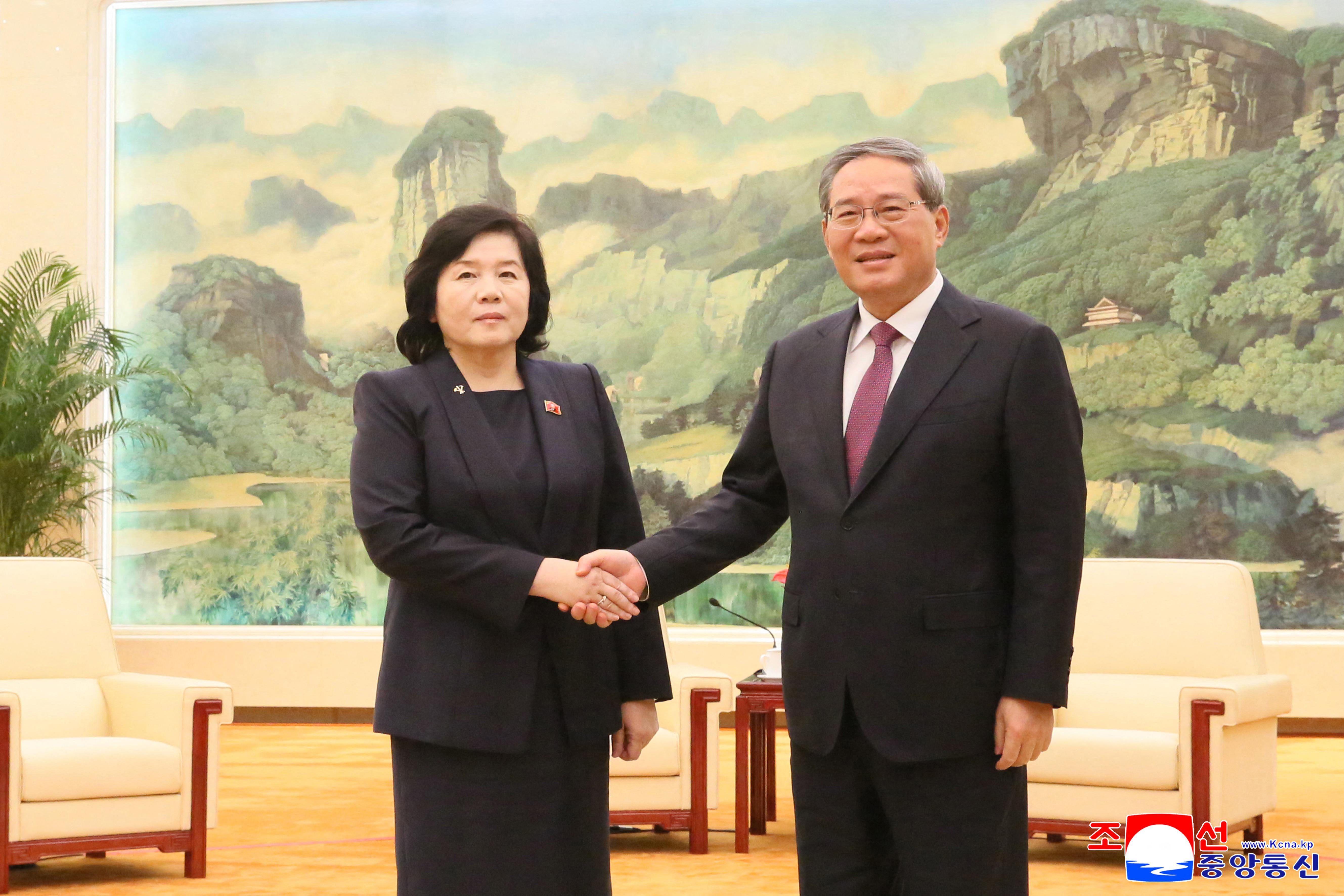
Netanyahu is happy with Trump’s Gaza peace plan, but will Hamas bite?
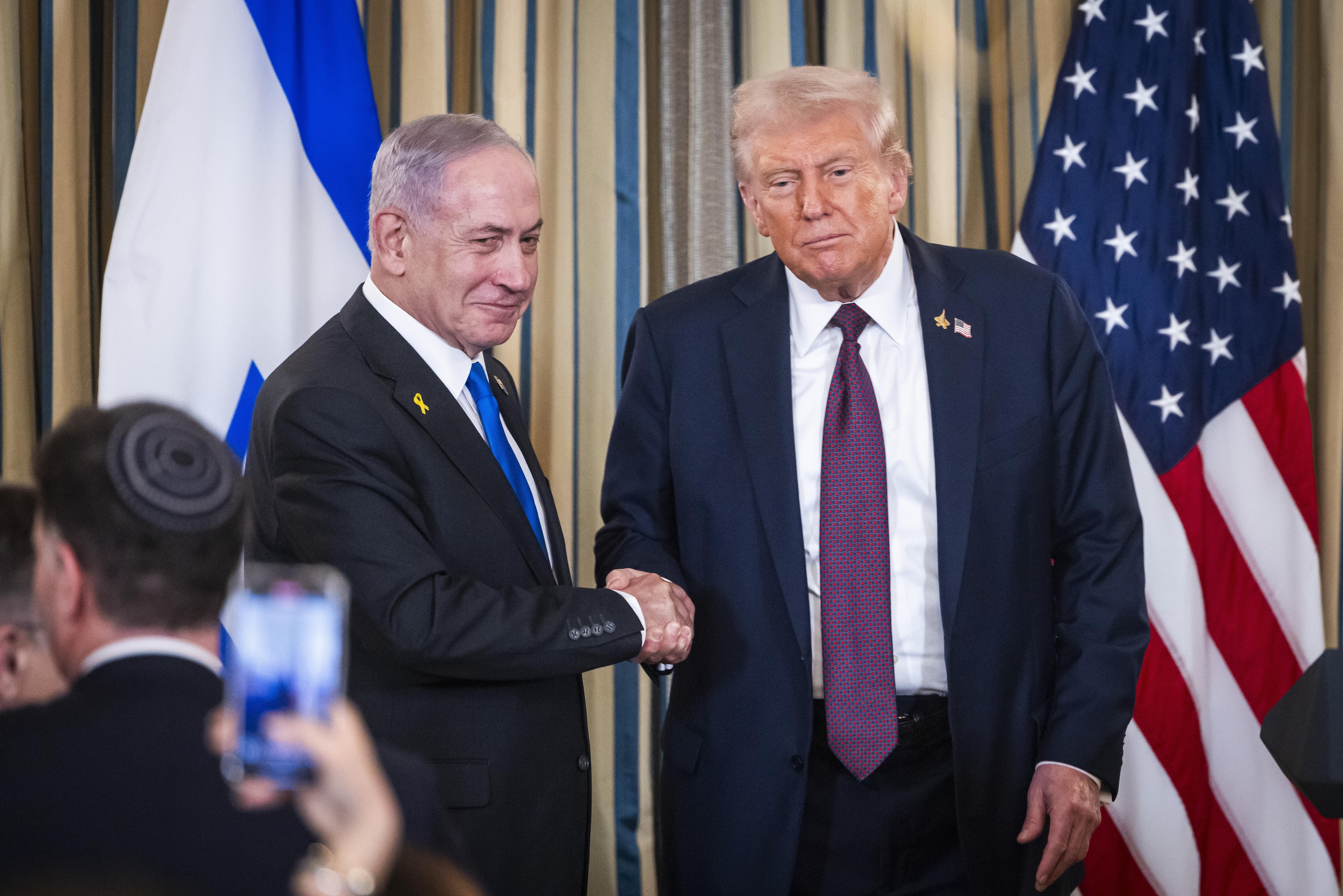
How Trump is rewriting the rules of the US presidency from his US$160m Florida mansion

China wants its companies to use local AI chips. Tech firms signal that they hear the call
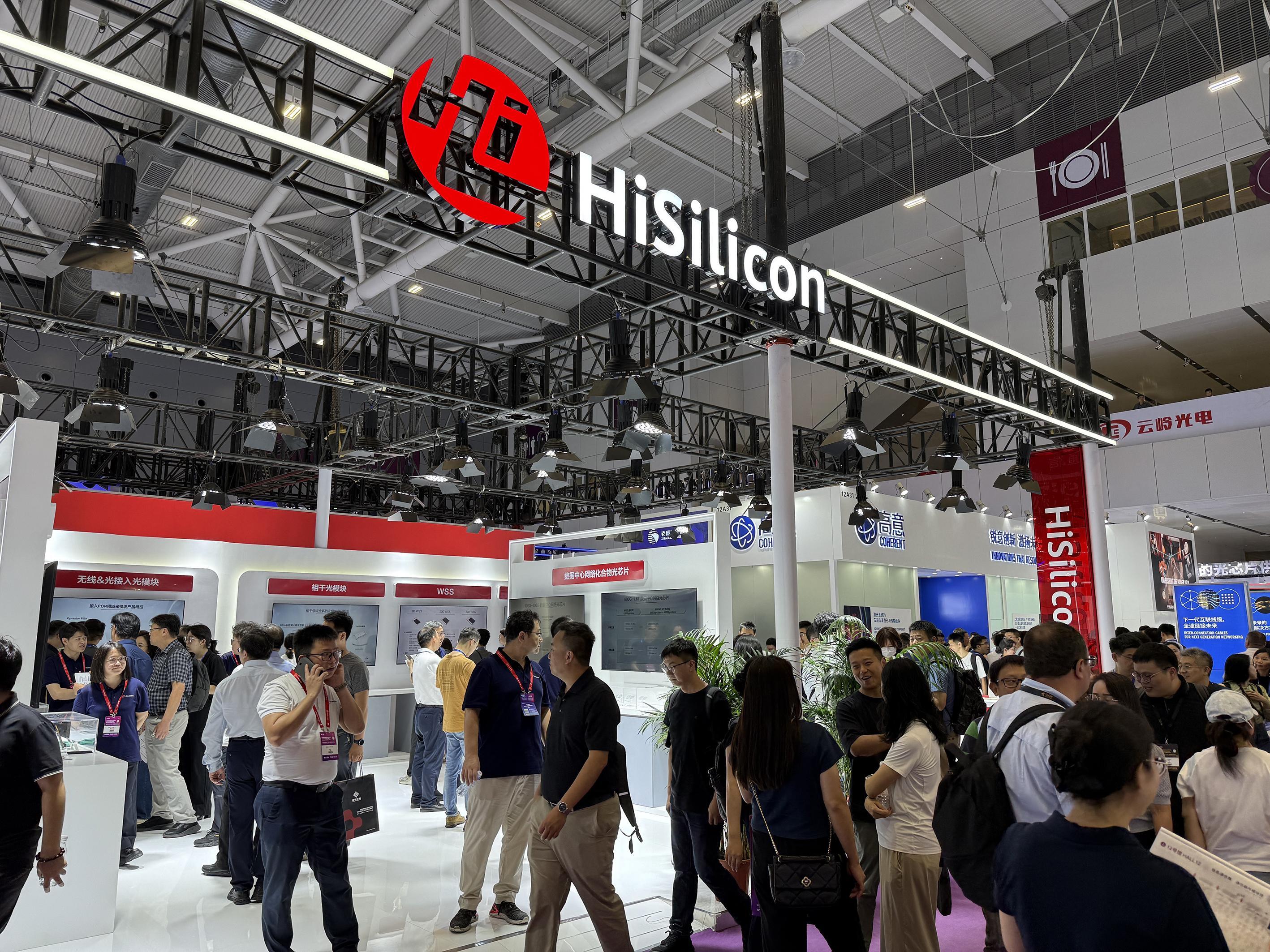
If you received this newsletter from someone, sign up here to get it delivered to your inbox weekly!
If you have any feedback, please drop us an e-mail at st-newsletters@sph.com.sg
